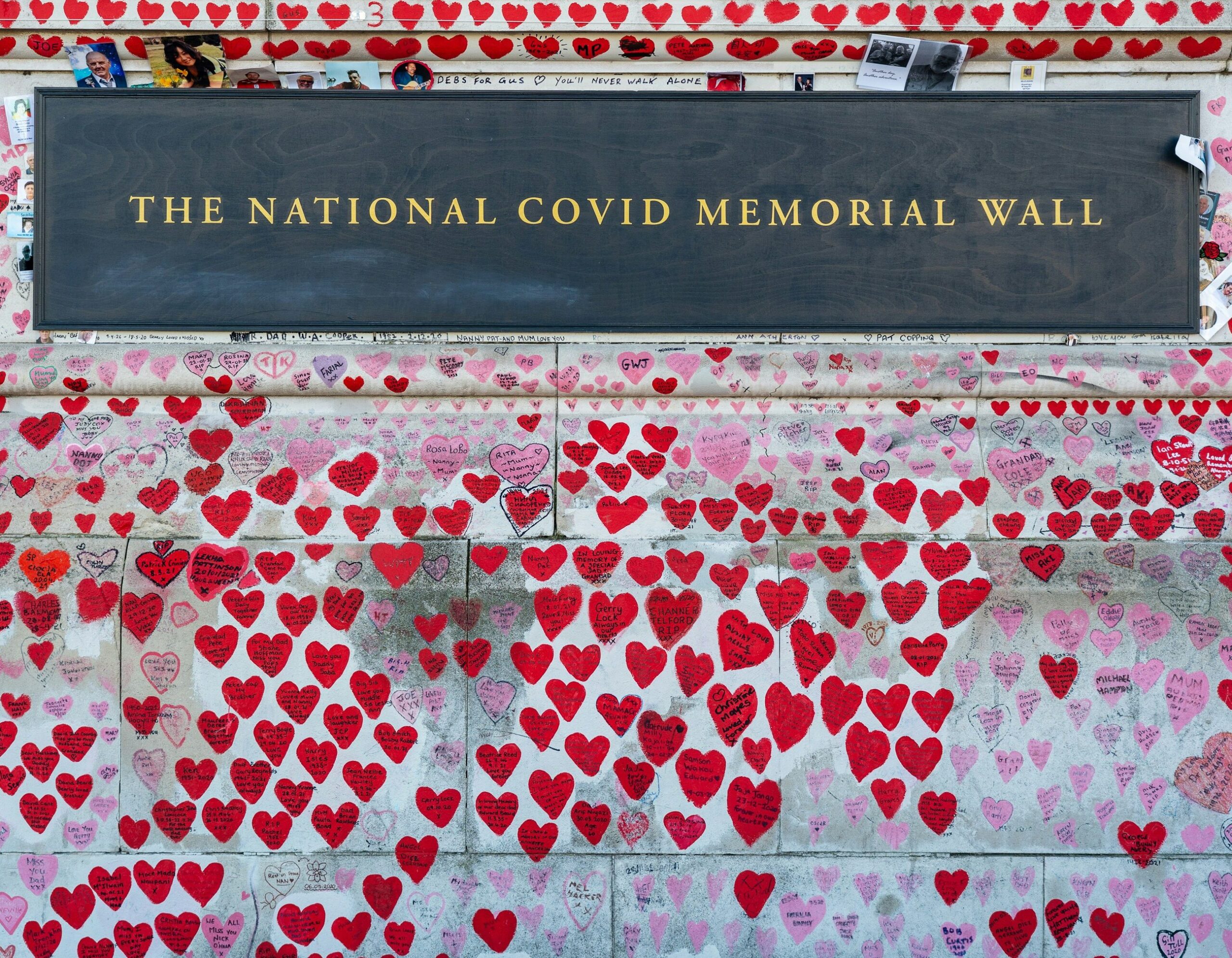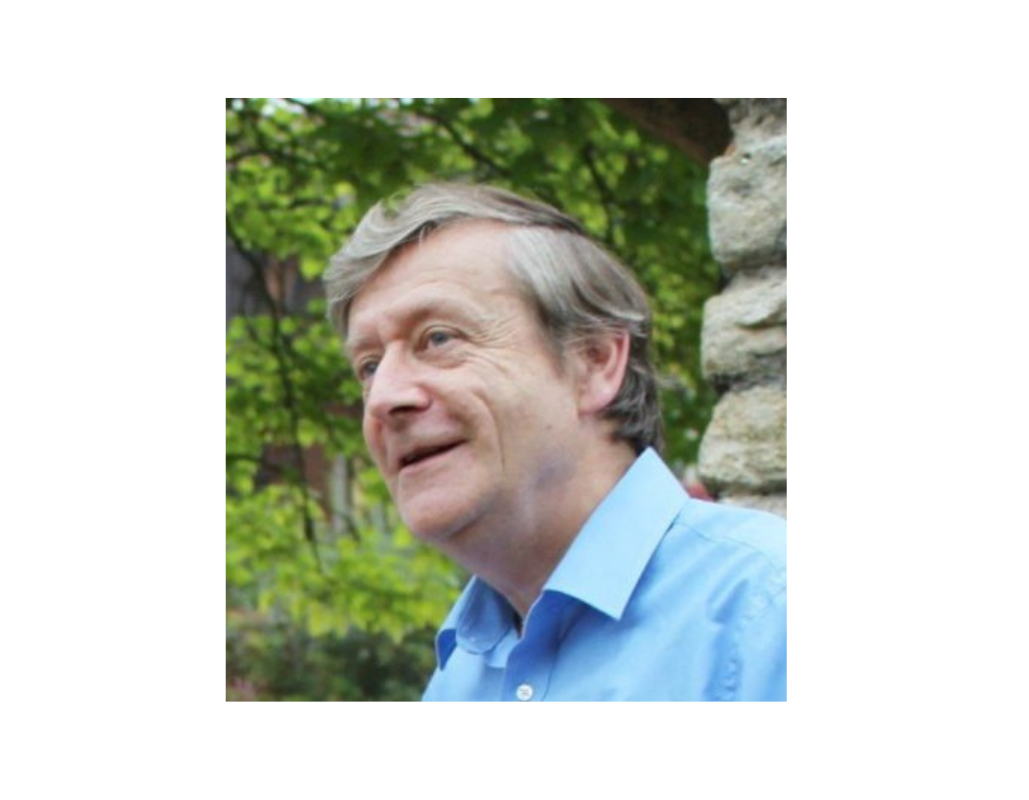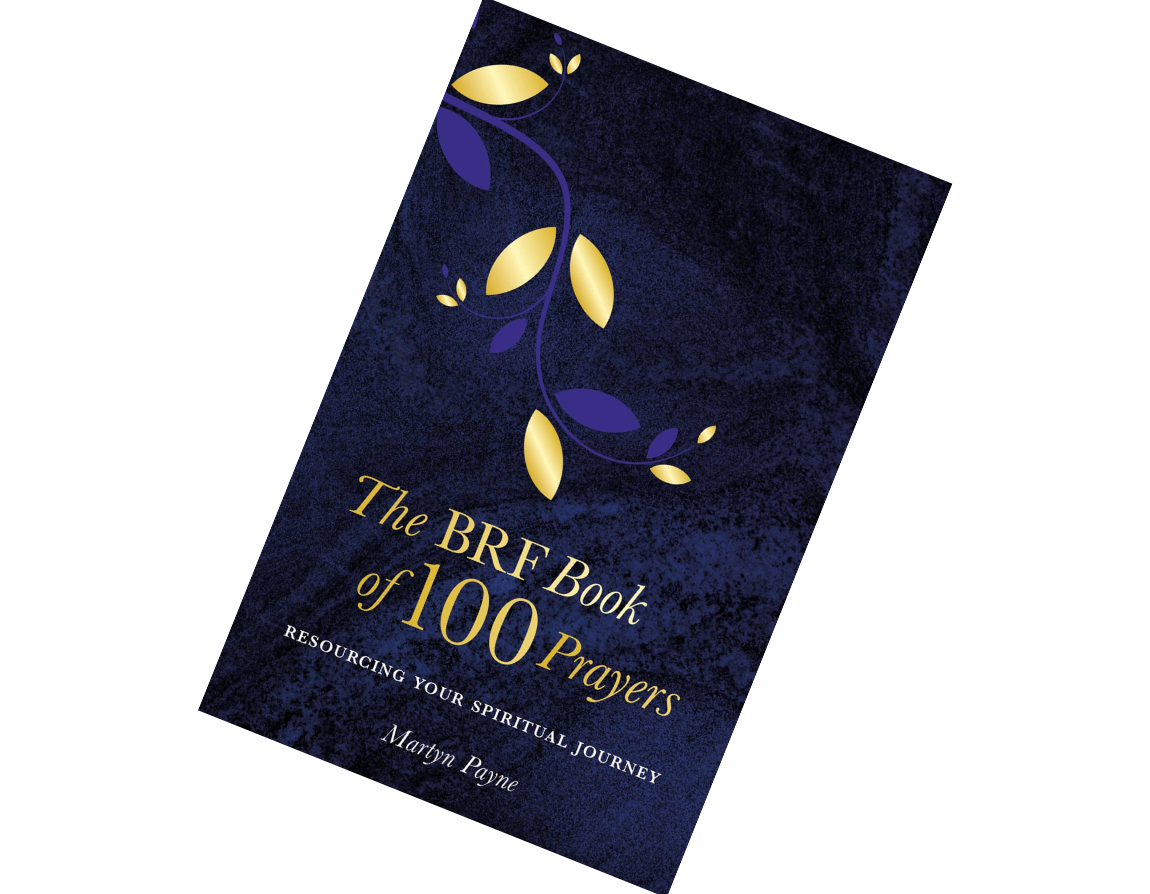Martyn Payne, volunteer prayer advocate for BRF Ministries, shares his reflections on the importance of memory and hope on Remembrance Sunday.
10 November 2024
And God remembered
I wonder whether, like me, you have ever secretly dreamed about the possibility of time travel? Such speculations are, of course, the stuff of science fiction. The plot of many a bestselling novel, popular TV drama and film revolves around the idea that we can either go back or forward in time. And with that comes the intriguing and tempting thought that maybe we might be able to return along our own timeline and choose differently. Or alternatively, go ahead in time and, being forewarned, live a better life in the here and now, before it is too late – like Scrooge in A Christmas Carol or George in It’s a Wonderful Life.
Whether actual time-travel will ever be possible – and indeed, it would create all sorts of paradoxes if it were – there is nevertheless one way in which all of us do regularly indulge in a form of travelling in time: through the gifts of memory and imagination. Human beings have a remarkable ability to remember and to hope. People of faith believe that these two gifts come as part of being created in the likeness of God, who always remembers and who offers a hope that does not disappoint.

Human beings have a remarkable ability to remember and to hope – two gifts that come as part of being created in the likeness of God.
Storing up memories
Many of us already nurture our memories and hopes. Maybe we write a diary or keep a journal; perhaps we create photo books for special events; or else we make scrapbooks with memorabilia and souvenirs. These resources, along with the hundreds and hundreds of photos that are now stored on our phones and laptops, help us access the past and relive our timeline, as well as think differently about the future.
God has given us minds that can store a lifetime of memories, which can be retrieved by what we have written or, more often and most effectively, through simple significant objects from our life story so far. For example, I have a set of crown green bowling balls belonging to my mum, and they bring back all sorts of happy memories of the enjoyment and laughter she had playing games with her friends. It is no wonder then that God asks us again and again in the scriptures to remember, as a way of bringing us back to times, places and experiences that really mattered.
Remembering plays a central role in the life of faith. We are commanded to remember how God has acted in our past, so that we might trust God for our future. Psalm 78, for example, is a poem that urges us to remember God as our ‘rock and redeemer’, through the rehearsal, verse by verse, of Israel’s pilgrimage history, with its successes and failures.
But the scriptures also include the urgency surrounding this call to remember, because one day, as the writer of Ecclesiastes observes in chapter 12, ‘the silver cord will be severed and the golden bowl broken’. In other words, our memories will fail, and we will forget. So, we are urged ‘to remember our creator in the days of our youth’. God has given us the gift of memory, and we need to exercise it, and that in turn can fuel hope.
November is traditionally a time for remembrance – whether we ‘remember, remember the 5th of November’ as the fireworks burst in the night sky; or more poignantly we keep the two-minute silence on Remembrance Sunday, during which we travel back in time to remember those who have died in wars and others we have lost, through old age or illness.

God has given us the gift of memory, and we need to exercise it, and that in turn can fuel hope.
An eternal dimension
God does not want us to forget, because God does not forget. And when we remember like this, we step into the bigger picture of life that is not bound by our earthly existence, but has an eternal dimension. In this sense, remembering is actually a way to defy hopelessness and to place our feet firmly both on earth now and also in heaven. Remembrance helps us to step out of time and come close to God, in whom nothing is forgotten. Remembering and hoping connect us with God.
Christian worship bears witness to this truth every time we break bread and drink wine to remember Jesus. In the act of Communion we travel back in time to his death on Calvary, and so are made acutely aware, once again, of the physical absence of Jesus. While at the same time we also experience, in a mysterious way, his continuing presence with us and in us, as we travel home to eternity through this earthly life.
The annual national act of remembrance that we witness when we watch the service at the Cenotaph on our screens, or which we attend in person at the war memorial near where we live, signposts something far greater than just the memory of past wars, and the sacrifices made by civilians and our armed forces. It can also awaken within us our God-given capacity for memory and hope. The memories from our own timeline, as well as memories of those who were dear to us but who are no longer present, can shape who we are and who we are meant to be. They help us reflect on the past and reimagine the future so that we might find hope. Remembrance is God’s gift to us that helps us become the best we can be.
Our remembering is always a response to God’s remembering, just as our capacity to love is always inspired by God’s love for us. There are two poignant words that are often repeated in the Bible: ‘God remembered’.
For example:
- When there was no land in sight for poor Noah and the ark and there seemed no hope, God remembered Noah.
- When Abraham was worried for his nephew Lot caught up in a city that was about to be destroyed and there seemed no hope, God remembered Abraham.
- When all was tears and despair for poor Hannah who couldn’t have children and there seemed no hope, God remembered Hannah.
- When David wrote sad songs of despair and there seemed no hope, God remembered David.
- When, again and again in the Bible, the people were defeated, crushed and alone, and there seemed no hope, God remembered those he loved.
- And when we are sad because someone we love has died, and there seems no hope, God remembers us and will help us to remember too.
(This short remembrance liturgy is taken from a celebration outline in Seriously Messy, published by BRF Ministries.)

There are two poignant words that are often repeated in the Bible: ‘God remembered’.
The wonderful truth about memory and God’s remembering is that, even though our memories fade or indeed we forget, God’s memory never lets us down, in life or death.
On this Remembrance Day may the precious time-travelling gift of memory be rekindled in us all, so that we might rediscover who we are and who we are meant to be; and, most importantly, come close to God, in whose memory we, and those we love, are eternally safe.


